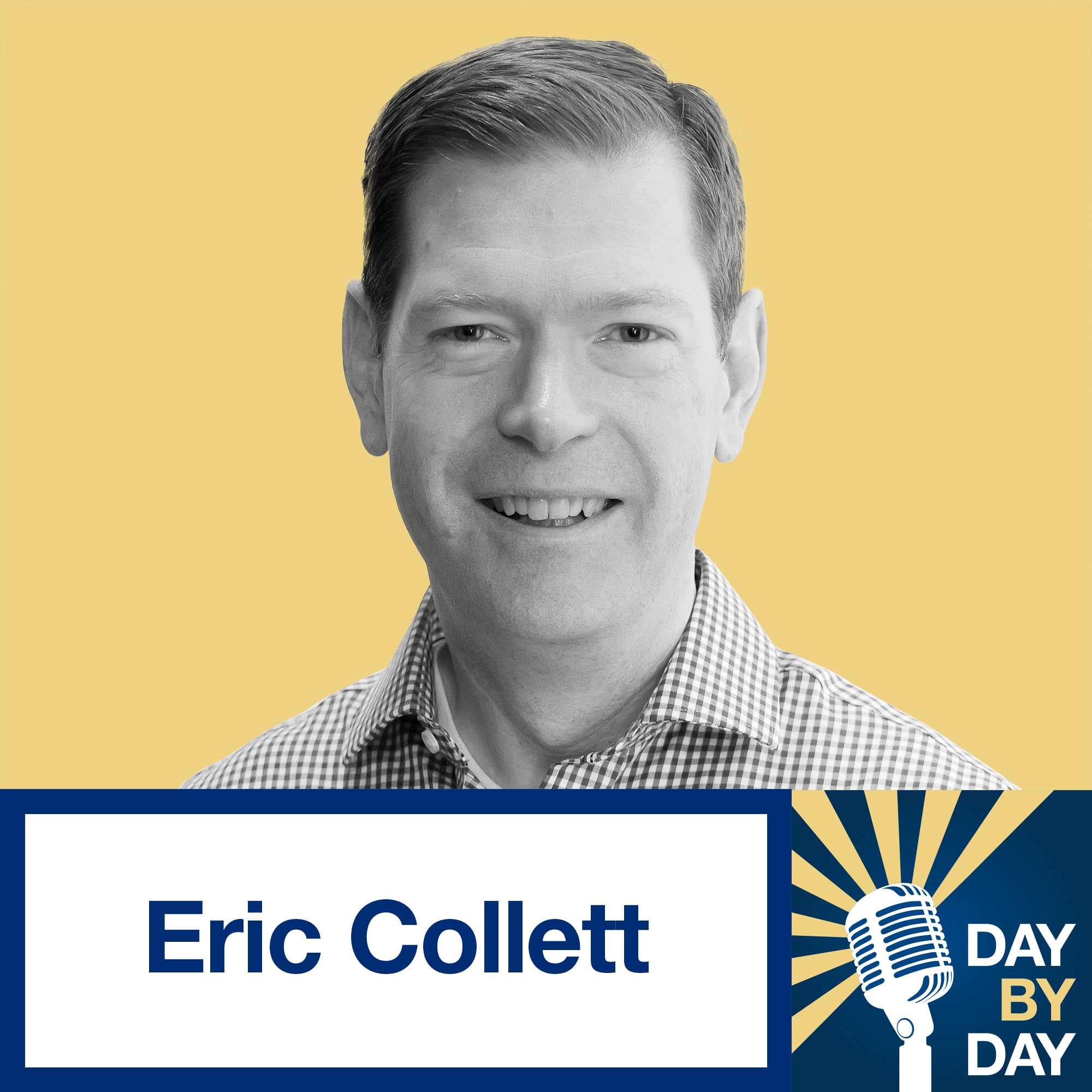With over 16 years of experience in the assisted living industry, Eric Collett serves as the Principal and CEO of A Mind for All Seasons. He founded the company with a mission to transform the way people understand and connect with individuals living with dementia, particularly those affected by Alzheimer’s disease. Leveraging The Enhance Protocol, Eric and his team empower assisted living providers to shift from simply managing decline to becoming proactive treatment centers that improve residents' health and champion community-wide prevention efforts.
In addition to leading his company, Eric is a nationally recognized speaker, delivering impactful presentations on dementia, behavior management, and brain science. As a sought-after consultant, educator, and brain health expert, he works with diverse audiences to bridge gaps in understanding and promote practical strategies for enhancing cognitive well-being.

Can the brain be improved, and how?
To improve brain health, one must address root causes and adopt a lifestyle that supports brain energy production, reduces chronic inflammation, improves blood flow, and enhances cellular resilience. Early intervention is key, as neurodegenerative diseases like Alzheimer’s start affecting the brain 10–20 years before symptoms appear.
Why is early action so critical for brain health?
Many health-related conditions, including dementia, are driven by lifestyle factors, and the best time to act is now. Waiting until symptoms appear makes prevention and repair more difficult. The pathology of diseases like Alzheimer’s begins decades before symptoms are noticeable.
What is the B.E.D.D.S.S. framework for cognitive health?
Eric Collett introduced the acronym B.E.D.D.S.S. to "put cognitive decline to bed."
B – Brain Training: Challenge your brain with activities like using your non-dominant hand, learning a language, or navigating without GPS. Apps like Brain HQ can assist.
E – Exercise: Regular physical activity boosts brain health by promoting BDNF and blood vessel growth. Both cardio and strength training work—just stay consistent.
D – Diet: Eat real, nutrient-rich foods (e.g., fatty fish, healthy fats, and vegetables) and limit processed foods and sugar to fight insulin resistance, a key factor in Alzheimer’s.
D – Dental Health: Poor oral health can harm the brain. Maintain dental care and consider advanced diagnostics like CT scans.
S – Sleep: Quality sleep clears brain waste and improves function. Avoid alcohol, blue light, and poor routines that disrupt rest.
S – Stress Management: Chronic stress harms memory. Practice breathing techniques, mindfulness, and acceptance to stay calm and focused.
What are simple yet impactful steps anyone can take today for brain health?
Getting out in the morning for 30–60 minutes of natural light to set your circadian rhythm, limit blue light exposure in the evening, and lifestyle changes like improving your diet, prioritizing exercise, and managing stress actively.
